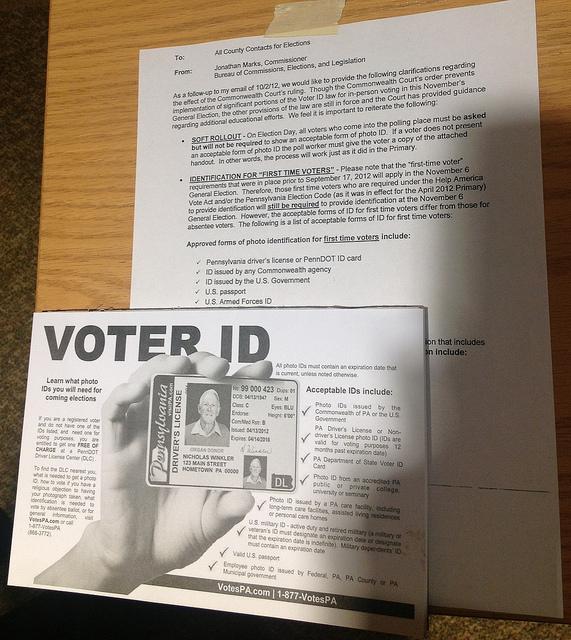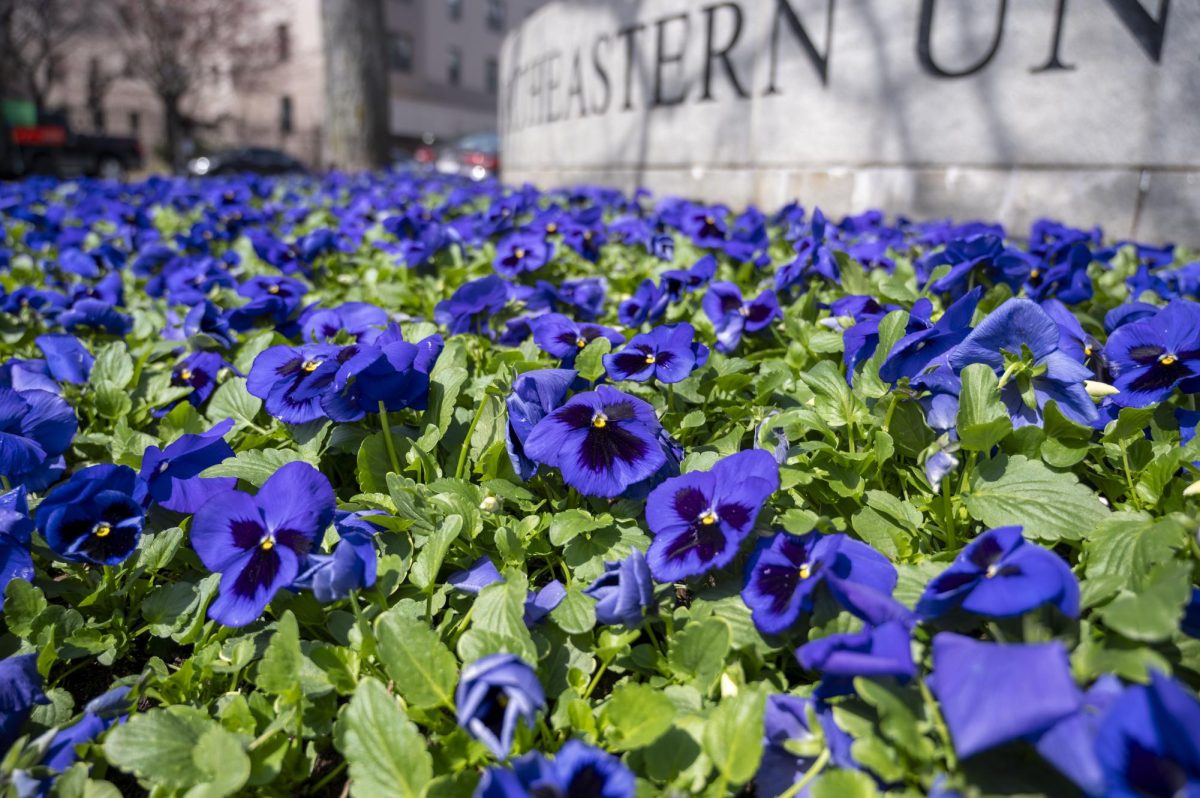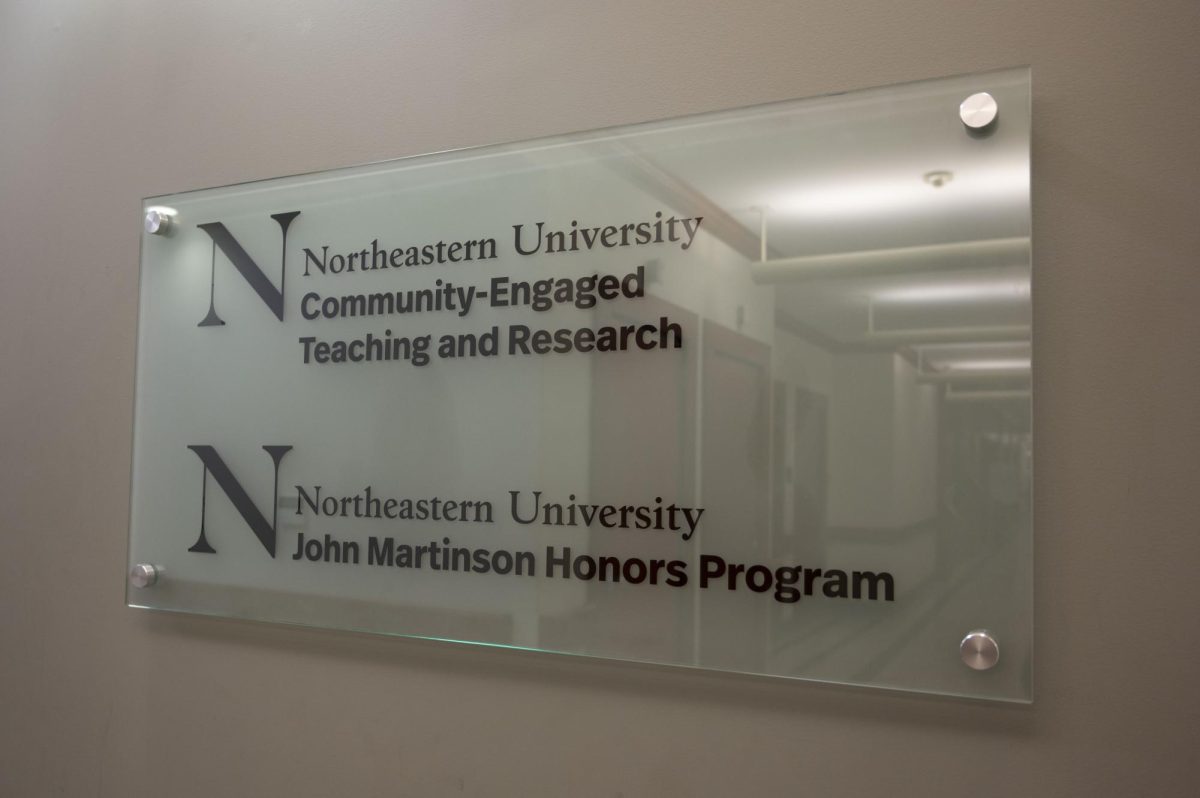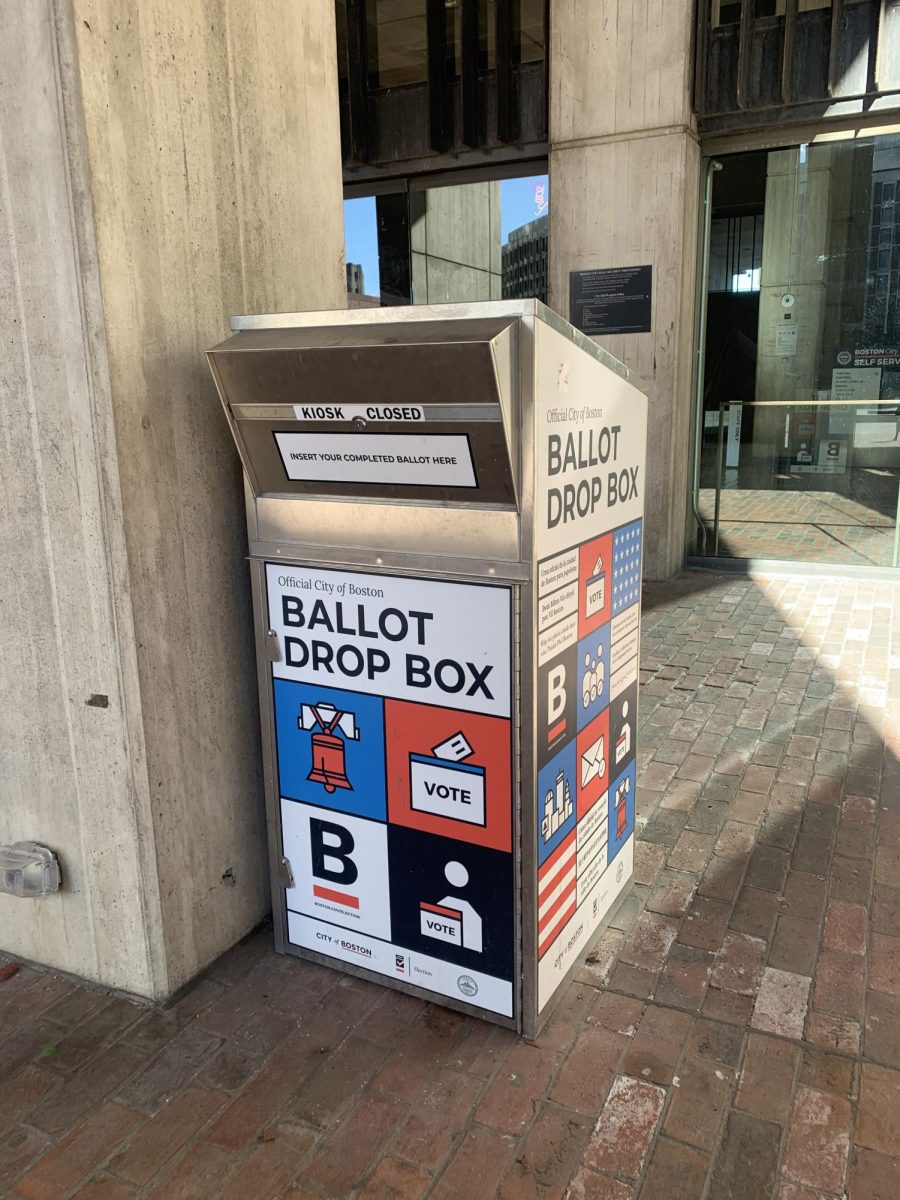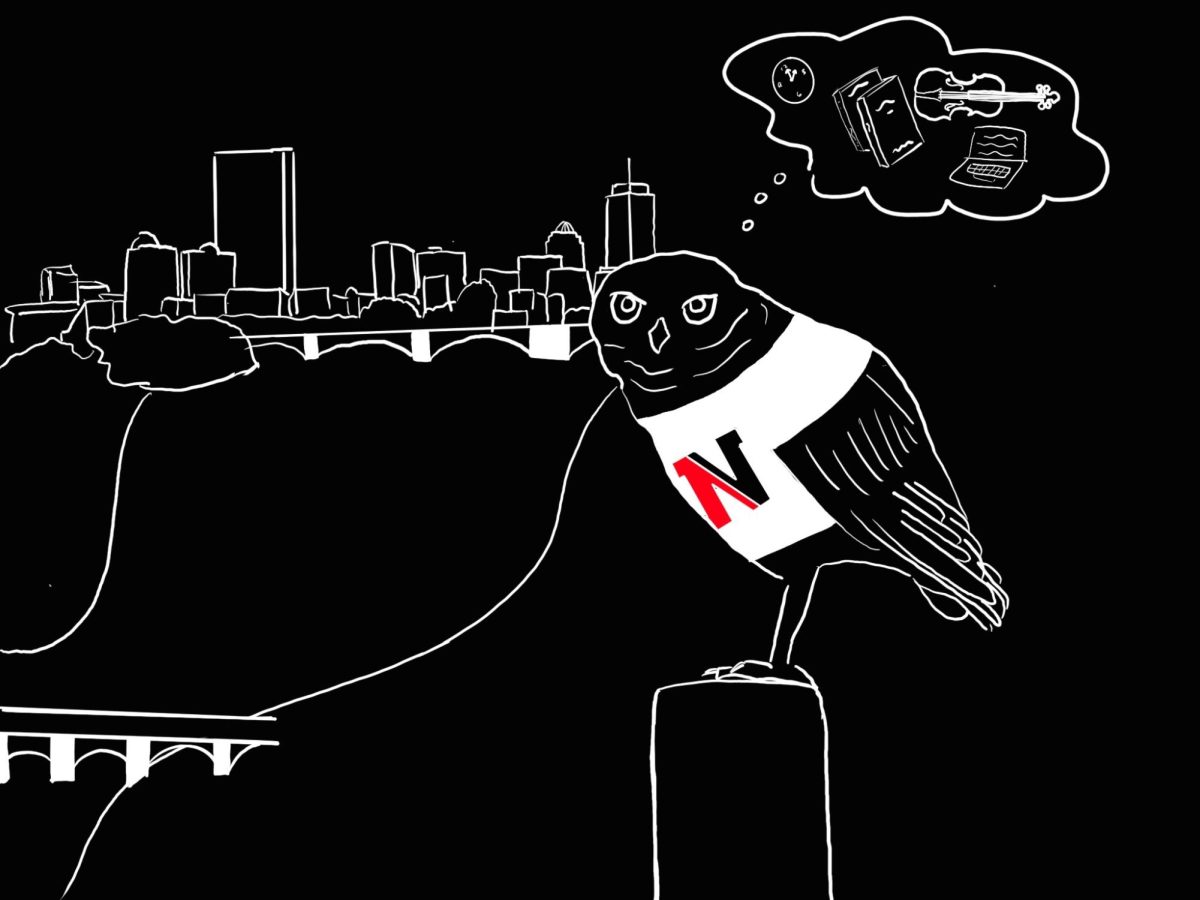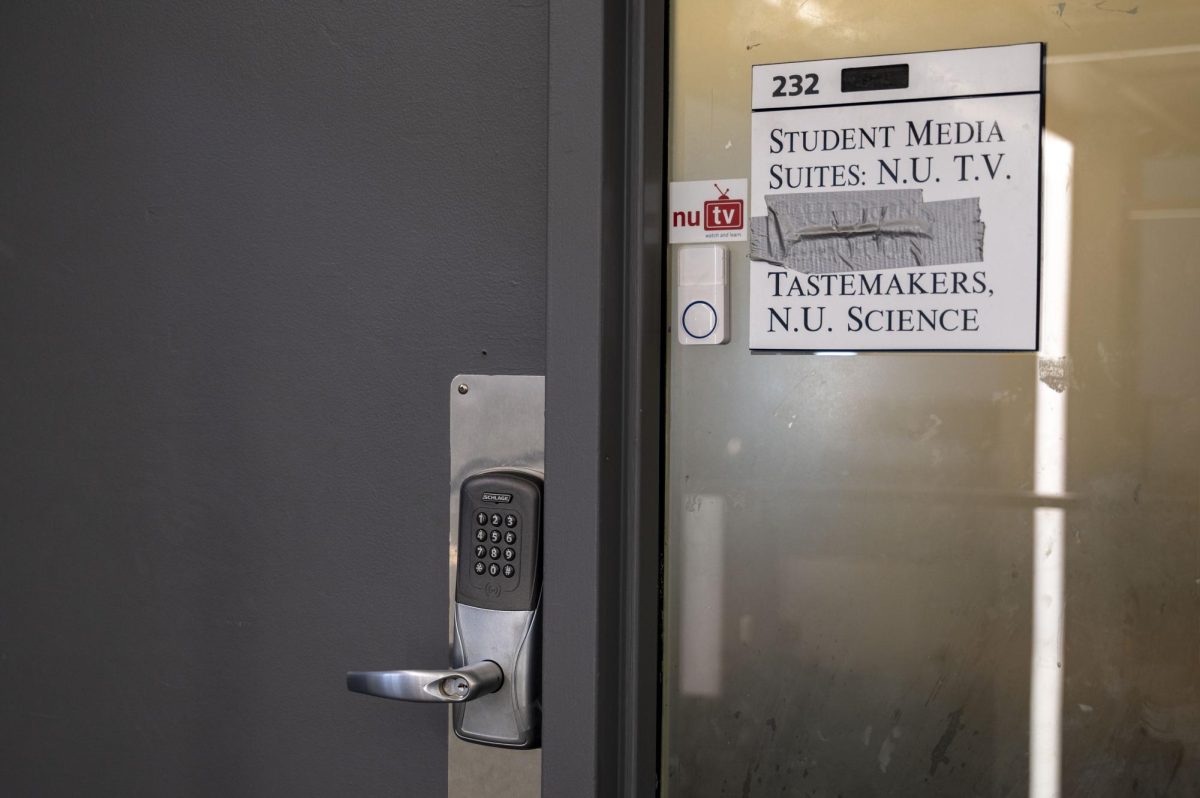By Sean Connolly, Editorial Section Editor
On Wednesday, the National Association for the Advancement of Colored People (NAACP) and Greater Birmingham Ministries filed a federal lawsuit against the state of Alabama concerning the state’s voter identification laws. The current Alabama law requires voters to have photo ID in order to vote.
Because people with low incomes, minorities and the elderly are less likely to have photo IDs, these laws disproportionately disenfranchise these groups from voting. These groups, due to lower access to economic resources, tend not to obtain government issued photo IDs like driver’s licenses and passports, according to the American Civil Liberties Union. Alabama has also recently closed over 30 Department of Motor Vehicles (DMV) locations, primarily in areas with high-minority populations. This includes all offices in every county where African-Americans make up over 75 percent of registered voters. This makes it harder for these voters to obtain the IDs they need.
Former Secretary of State Hillary Clinton decried the closure of the departments and criticized Alabama voting laws in general.
“Just a few years ago, Alabama passed a law requiring citizens to have a photo ID to vote,” she said in a statement. “Now, they’re shutting down places where people get those photo IDs. This is only going to make it harder for people to vote. It’s a blast from the Jim Crow past.”
Alabama is hardly the only state to have these types of laws. As of April 2015, 32 states have voter identification requirements and 17 require some kind of photo identification. Lawmakers claim these regulations are meant to prevent voter fraud, however, there is little evidence to show that it is a problem, especially not the type of fraud these laws are designed to prevent.
Forcing voters to present their IDs when coming to vote is only an effective barrier against individuals trying to pose as someone else. If someone were actually trying to rig an election, this would be an extremely inefficient way to do it – and it almost never happens. Justin Levitt, a professor at Loyola Law School in Los Angeles, found that between 2000 and 2014, there were only 31 credible instances of this type of voter fraud out of over 1 billion ballots.
However, there are other types of voter fraud that might be worth placing restrictions on. From vote buying to coercion to corrupt officials, there is plenty of potential for fraud. If lawmakers creating these voter ID laws were actually concerned about corruption in the voting process, they might make laws to address these issues, yet they only pass laws that deal with a very uncommon form of voter fraud.
There is evidence to show that these types of voting laws truly disenfranchise Americans. According to the Brennan Center for Justice, about 11 percent of eligible US voters, or around 21 million people, don’t have government-issued photo IDs.
Lawmakers have invented a nonexistent issue to justify voting regulation. There is good reason to wonder if these laws are intentionally meant to disempower certain types of voters, considering those most likely to be disenfranchised – minorities and people with low incomes – tend to vote for Democrats, and most of the supporters for these laws have been Republicans.
There is seemingly no evidence to support that the type of voter fraud these laws address is a serious issue, but there is plenty of evidence that these laws prevent many Americans from voting. Regardless of party affiliation, we should be motivating as many people as possible to vote, not creating artificial and unnecessary barriers for millions of voters.
Photo Courtesy Sarah Goslee, Creative Commons







